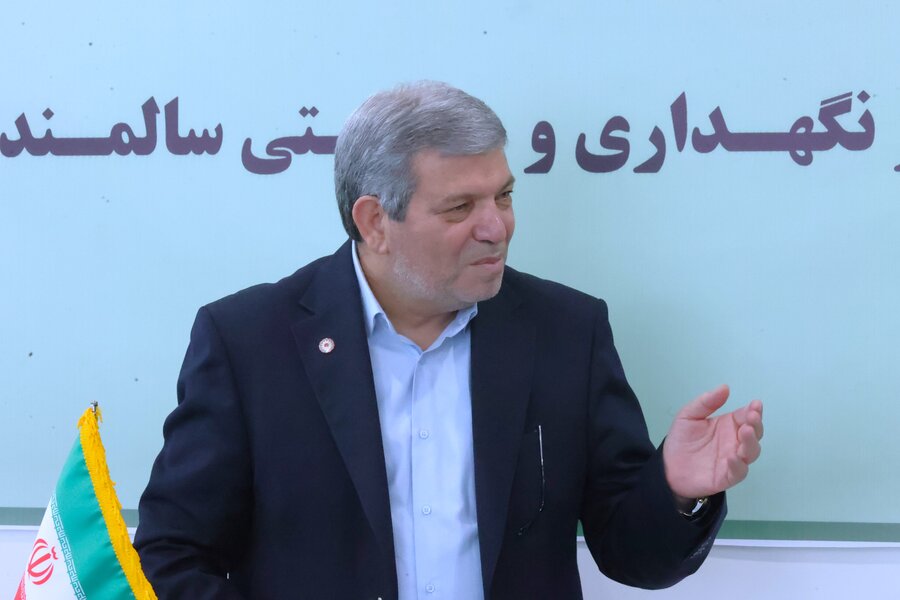According to the Organization’s Public Relations and International Affairs Office, Seyed Javad Hosseini, the organization’s chief, made the announcement during the launch ceremony of a physical health screening program for female heads of households. He underlined the importance of mental and social health, noting: “It is now accepted worldwide that health is not limited to biology alone, but must be understood across four dimensions: biological, psychological, social, and spiritual.”
Hosseini cited World Health Organization figures showing that over 80 percent of health determinants are psychological and social. “But have we invested in line with that 80 percent? Unfortunately, no. Not only has it been insufficient, but even one-tenth of the resources allocated to biological health have not been directed to mental and social health,” he said.
He warned that despite the rapid development of biological health systems in Iran and globally, psychosocial health has been neglected, leaving the country without the necessary experts, infrastructure, or resources. “One major symptom of this neglect is the shortage of trained specialists in this field,” Hosseini noted.
Addressing the looming demographic challenge, he added: “If we fail to act quickly, Iran will be among the fastest-aging countries in the world. By 2051, we will face a sharp wave of elderly citizens, yet our infrastructure, specialists, and management capacities are not ready.”
While a Master’s degree program in geriatric psychology and counseling has recently been approved at universities, Hosseini said this step alone will not be enough to meet demand.
He also announced that the “Salam Project” will be launched on August 30. Under the initiative, one school in each province—and 20 schools in Tehran’s District 4—will serve as community access hubs for social health services. The project, he said, aims to ensure integrity, adequacy, and equity in service delivery, following a neighborhood-based approach to social health.

Tehran – The head of Iran’s State Welfare Organization announced plans to train 3,000 specialized elderly counselors nationwide, covering geriatric medicine, geriatric psychology, social gerontology, and specialized counseling.
News Code 147153

Your Comment